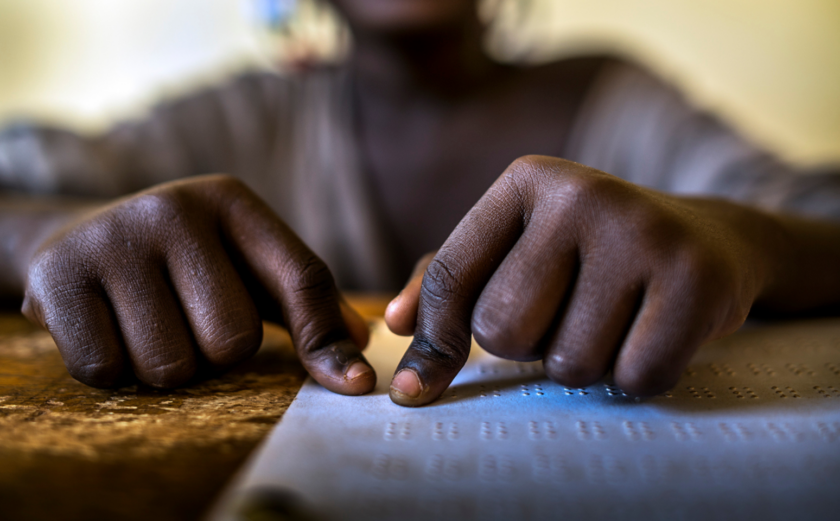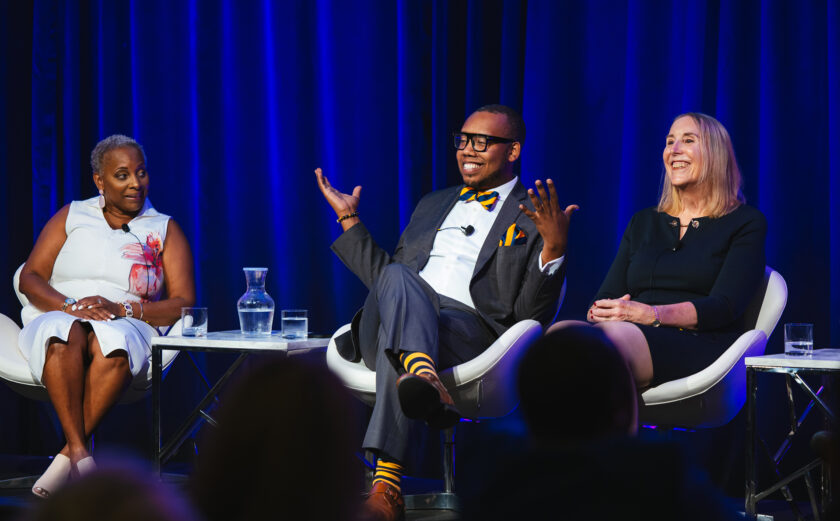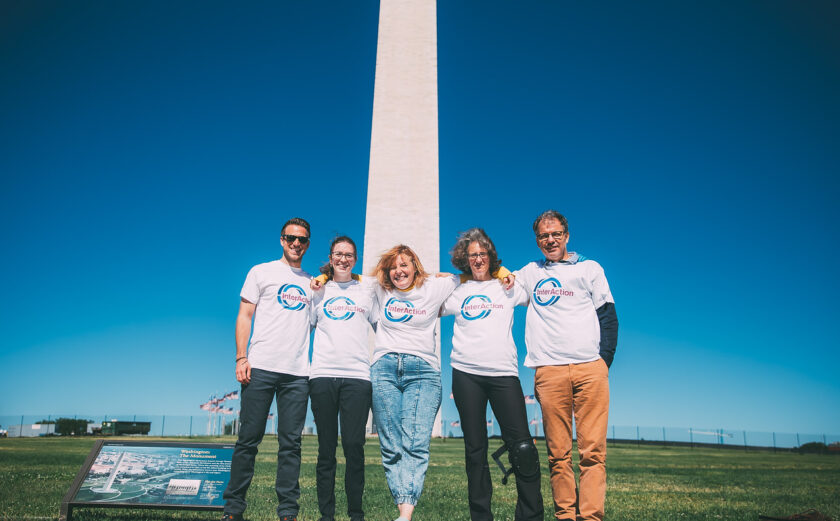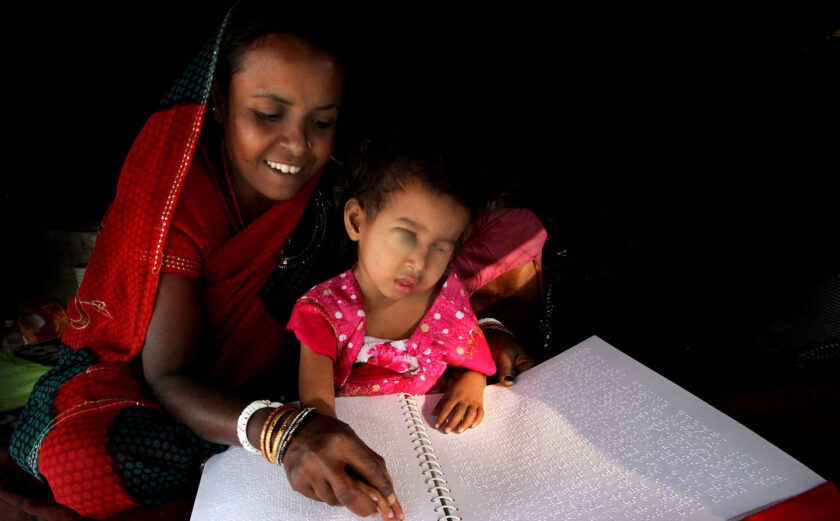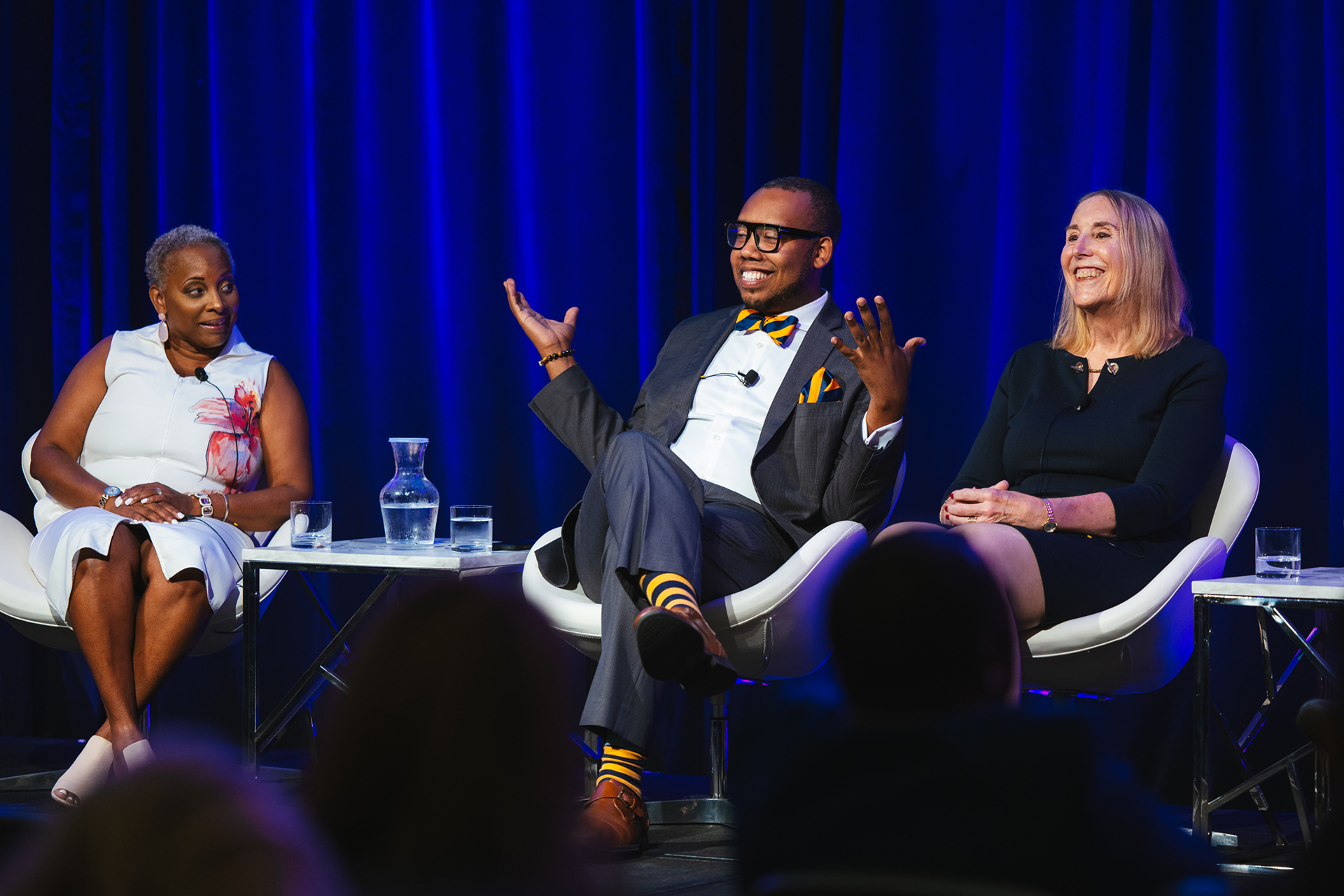
InterAction’s 2022 Forum: Toward Greater Diversity, Equity, and Inclusion
This year, InterAction’s annual Forum closed with the final plenary, Toward Greater Diversity, Equity, and Inclusion, which focused on exposing the systemic and systematic issues of racism, sexism, tribalism, inequality, and inequity in the global development and humanitarian sectors and reshaping the way that international non-governmental organizations (INGOs) discuss and address these issues.
The session brought together three leaders championing DEI work in the international development and humanitarian space:
- Angela Bruce-Raeburn, Founder and Principal Consultant of DiverseDev
- Chloe Schwenke, President of the Center for Values in International Development
- Clifton Kenon Jr., Division Chief for People, Workplace, and Culture at USAID
Before diving into the program, moderator Noam Unger, InterAction’s Vice President for Development Policy, Advocacy, and Learning, highlighted InterAction’s responsibility as an existing leader in the NGO space to advance the principles of DEI. He explained InterAction’s recent development and inception of the DEI Compact and noted the importance of understanding this initiative as a new collective approach to improving INGO programming, operations, learning, and advocacy around DEI in concrete ways.
Each speaker began by explaining their point of entry into DEI. For Angela Bruce-Raeburn, her role with Oxfam America working on humanitarian response in Haiti following the 2010 earthquake, led to her realization of the racism, ignorance, and hypocrisy that pervades NGO systems, operations, and programming. Similarly, Dr. Clifton Kenon reflected on how his background in reproductive health prior to joining USAID revealed the intersections of structural racism and health. Dr. Chloe Schwenke expressed that her understanding of prejudice in the sector is deeply personal, sharing that she was terminated from a consulting position in 2007 after coming out as a transgender woman. Since then, a central cause in her work is the integration of LGBTQIA+ inclusion as part of international development’s trajectory.
Despite their different backgrounds and perspectives on what, if any, progress has been made in advancing DEI principles, the panelists agreed: much more work needs to be done in the sector in order for it to progress and overcome ongoing challenges.
Confronting the Challenges
While acknowledging the rapid growth of DEI-related job positions across multiple sectors, some of the speakers expressed concerns with the way DEI has been operationalized. These concerns included:
- The role of DEI in organizations. Kenon used the analogy of DEI as an “emergency room” that muddles resources, capacity, and expectations. Organizational staff focusing on DEI are often the ones experiencing the consequences of systemic inequities and also the ones who will take the blame if DEI initiatives fail. Similarly, Bruce-Raeburn noted the exclusion of DEI from decision-making processes in organizations.
- The prevalence of double standards. Schwenke stated that despite championing the principles of DEI, many organizations simply do not own the inclusion of the LGBTQIA+ (and specifically transgender people) in their work. Bruce-Raeburn noted the dissonance of organizations upholding “sanitized” ideals of morality and values while not modeling this in their own organizations or remaining silent on issues of systemic injustice happening in the United States.
- The tokenization of representation. Kenon asserted that “we have sensationalized tokenism,” lamenting the hyper-focus that people from marginalized communities encounter when becoming the “first” in their roles. Earlier in the session, Dr. Schwenke reflected on her own experience as the first transgender political appointee at USAID, including reconciling her identity with the difficulties of trying to lead a private life.
Envisioning Change for Tangible Action
Asked about their visions for success in DEI work, the panelists shared the following improvements and milestones they want to see in the next 10 years:
- Values and principles are connected to an organization’s operations. Organizations are asking DEI questions “in a programmatic way” and applying a DEI lens to all aspects of their work. Organizations additionally own the fact that their work embodies care, compassion, concern, and empathy.
- The sector has moved beyond the baseline. In 10 years, panel discussions on the importance of DEI are no longer necessary because the principles of DEI have already been integrated into our work. Representation and tokenization are no longer a part of the equation.
- Power has been shifted away from the historically powerful. The development sector is inclusive of underrepresented and/or marginalized groups who have historically held less power. These local actors are included in decision-making and local solutions are supported.
Each panelist stressed the need for full-scale investment from organizations—not just through funding, but through a dedicated commitment to evaluating and transforming the systems with which we work. To do so they recommended the following:
- Change storytelling and narratives by expanding our vocabulary beyond the principle of “do no harm.” Building empathy and openness to discern progress and change. Stop engaging in problematic practices such as “poverty porn” and instead embrace the stories, perspectives, and guidance of marginalized communities.
- Dig deeper into questions of DEI. Organizations must move away from perceiving racism and other inequities as individual, isolated acts and instead look at the systems and structures in place that have upheld them.
- Integrate DEI into organizational decision-making. Include a DEI focus in strategic planning, governing boards, and commitments to donors. Ensure that DEI teams have dedicated support, funding, staffing, and resources.
Following the panel and question and answer session, InterAction presented its annual Disability Inclusion Award to this year’s co-recipients, Save the Children and WEEMA International, for their respective work to ensure the full inclusion of people with disabilities throughout all aspects of their organization. Each award winner was recognized for the practical and tangible steps their organization has taken.
